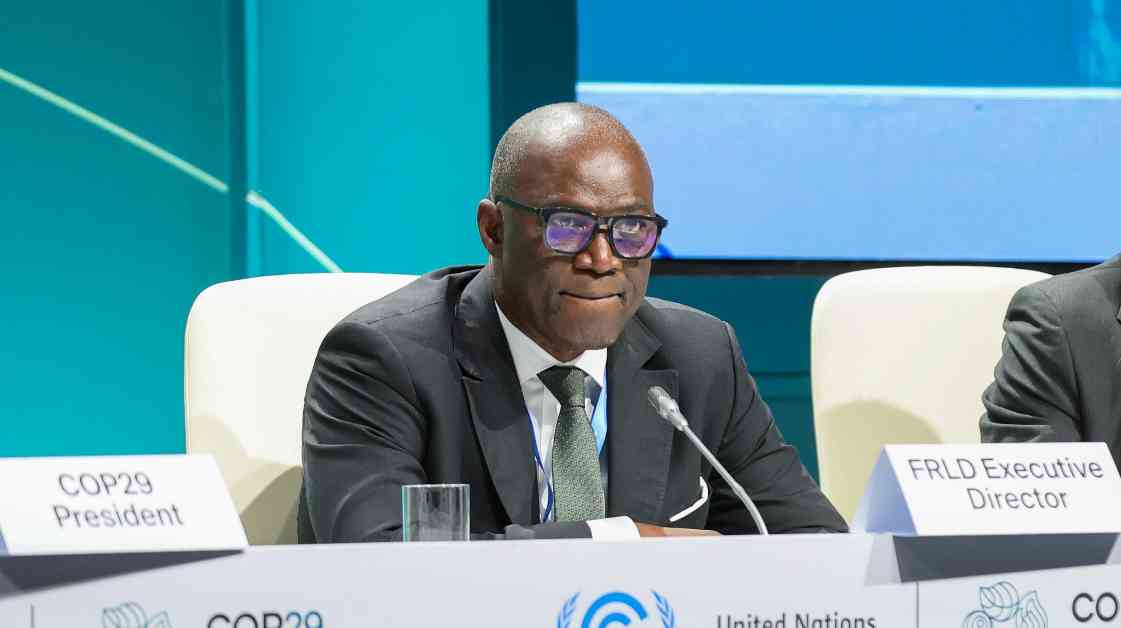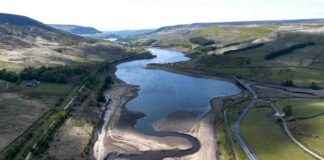Urgent Call for New Leadership at Loss and Damage Fund
At the recent board meeting of the Fund for Responding to Loss and Damage (FRLD), held in the Philippines, concerns were raised about the fund’s spending practices. With just $69 million in its account, board members questioned the need for consultants, business-class plane tickets, and a deputy executive director. The fund, aimed at helping those affected by climate change, was established after three decades of advocacy by island nations at the COP27 climate summit in Egypt.
Financial Prudence vs. Operational Needs
Harjeet Singh, a climate activist present at the meeting, emphasized the importance of using resources judiciously to support vulnerable communities impacted by climate change. The new executive director, Ibrahima Cheikh Diong, outlined his plan to start distributing funds by the end of 2025, which includes significant spending on external consultants. Some board members, like Sudanese Sumaya Zakieldeen, suggested moving towards in-house staff to reduce costs and speed up operations.
Travel Policies and Spending
One point of contention was the fund’s travel policy, inherited from the World Bank, allowing business-class flights for trips over five hours. While board members like Denmark’s Jens Fugl questioned the necessity of such expenses, Diong defended the need for extensive travel to engage with global stakeholders. The board also debated whether developing-country representatives should follow the fund’s travel policy or a different one.
Challenges in Fundraising and Payment Delays
Despite pledges from wealthy nations amounting to $749 million, only a fraction has been received by the fund, with significant outstanding payments from countries like the UAE, UK, France, and Italy. The need for timely contributions was highlighted by COP29 president Mukhtar Babayev, urging governments to fulfill their financial commitments to address the pressing needs of climate change victims.
As the fund grapples with financial constraints and operational challenges, the call for efficient and transparent leadership remains paramount in ensuring that resources are effectively utilized to support those most affected by climate change.














